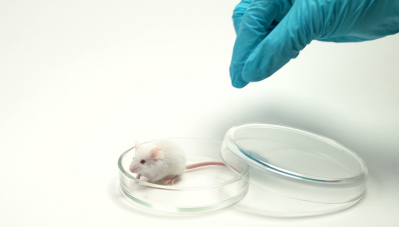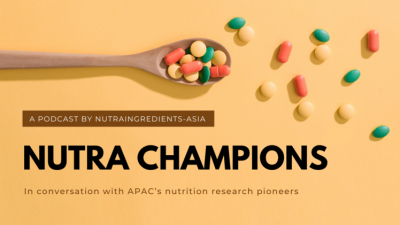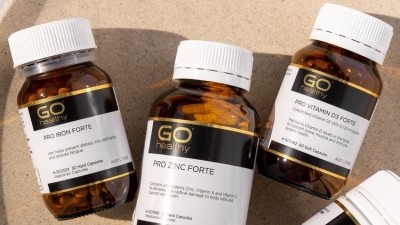Regulatory review: Halal trade opportunities, Taiwan FDA’s new policies and more

Overcoming barriers to entry: Brands can tap new Singapore halal alliance to gain trade opportunities, certification
Food, nutraceuticals and cosmetics brands worldwide can now tap the expertise of a newly-minted halal alliance to enter the lucrative global halal market forecasted to reach USD$2.8 trillion by 2025.
Based in Singapore, the alliance aims to address two gaps in the industry: the export opportunity and the facilitation of attaining halal certification.
“The key to capturing export opportunities to the global halal market is understanding the Middle East and consumer behaviour, which stems from branding and packaging. Another challenge is the halal certification. Different countries have various certifications for importing and halal standards,” said Zuraimi Jumaat, VP for the halal supply chain of ER Marketing, also the figure spearheading the alliance.
Interaction concerns: Taiwan FDA proposes warning statements relating to use of fish oil, red yeast rice
The Taiwan Food and Drug Administration is proposing warning statements to be printed on health foods containing fish oil and red yeast rice due to their potential interaction with certain medications.
For example, for health foods containing red yeast rice, it should at least include the warning that “this product, when used together with medicines that lower blood lipids, such as statin and fibrate, or when taken with grapefruit, could cause liver, kidney damage, or rhabdomyolysis.”
The proposals were announced on May 31 and will be open for public consultation for 60 days from June 1.
US formula crisis: ANZ firms encouraged by Bubs’ success, Fonterra, a2mc submit applications
Australia’s and New Zealand’s infant formula makers have been “encouraged” by the recent success of local brand Bubs’ entry into the US amid the shortage crisis in the country, with a number now examining export opportunities.
The a2 Milk Company and Fonterra have confirmed with us that they have submitted applications to the US FDA.
Most recently, the US FDA has granted enforcement discretion to Kendamil First Infant Formula with iron (Kosher formula) by Global Kosher, Aptamil First Infant Milk stage 1 by Danone, and Mead Johnson / Reckitt to produce base powder to manufacture Enfamil Stage 1 in its facility in Singapore.
Combating iodine deficiency: 10-year Malaysian intervention leads to significant improvements
State intervention in East Malaysia to combat iodine deficiency disorders (IDD) among children has been hailed a success after new research found there had been “significant improvements”.
The study, titled “A 10-Year Impact Evaluation of the Universal Salt Iodization (USI) Intervention in Sarawak, Malaysia, 2008-2018”, aims to evaluate the impact of the USI among the kids after implementation spanning 10 years.
A total of 1,104 and 988 children, between ages 8 and 10, were involved in the 2008 and 2018 surveys, respectively. All subjects were from 30 primary schools in Sarawak under the Ministry of Education as sampling units for the survey.
Ayurveda regulations: India introduces new rules with sector braced for significant growth
The Indian authorities have introduced new regulations on Ayurvedic products, including rules covering health claims and the addition of vitamins and minerals.
The law, named the Food Safety and Standards (Ayurveda Aahara) Regulations, 2022, came into force earlier this month, following a draft notification and public consultation last year.
This move comes amid projections of significant ayurvedic growth in India.











